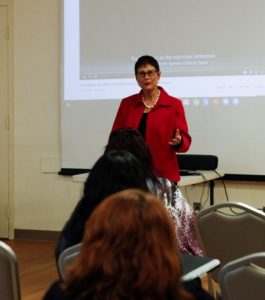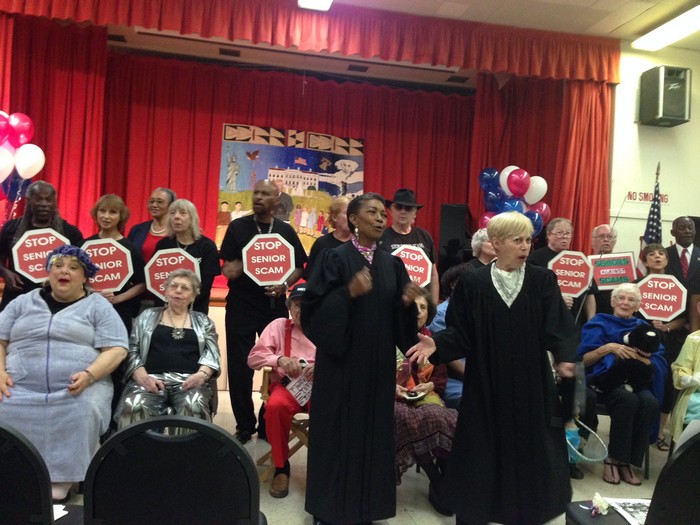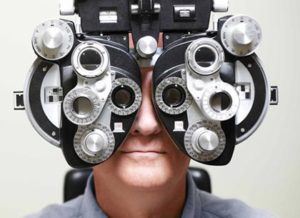From In Health
Changes in hearing are a common part of aging. Almost half of adults over the age of 75 will have some degree of hearing loss. Changes in hearing can occur due to damage, illnesses, or even genetics.
Although many people will experience hearing loss in their lifetime, there are ways to protect your hearing. Taking care of your ears and preventing hearing loss can be as easy as following these four tips.
Protect Your Ears
Loud noises can damage hearing whether the noise exposure is brief or prolonged. Protect your hearing by wearing ear plugs or earmuffs when you are going to be around loud noises. Limit your exposure to loud sounds by moving away from the source and keeping volumes low in your home.
Spencer Eaton, executive director of Pinnacle Nursing and Rehabilitation Center, works with older individuals and has seen how common hearing loss is. “Exposure to loud noises is a common and preventable cause of hearing loss,” he says. “Use ear protection whenever possible around loud sounds.”
Contrary to popular belief, it is not necessary for most people to clean their ears frequently. Earwax is a natural production of the ears, and the ears are designed to clear the earwax out on their own. However, some people may find that their ears do not clean themselves as well as they should as they age. Hearing aids, extra ear hair, and the aging process may contribute to additional wax buildup that can obstruct hearing. If earwax does build up more than normal, over-the-counter cleaning products can help clear it out. A doctor can also use special tools to clean out the ears. Regardless of the amount of waxy buildup, foreign objects like cotton swabs should never be put into the ear canal.
Upper respiratory illnesses can contribute to hearing loss if they are not treated appropriately. Get treatment promptly for illnesses of the ears, nose, and throat in order to reduce the risk of an ear infection. Some illnesses or medications can cause hearing changes, so be sure to consult your doctor if any sudden changes in hearing occur.
Hearing aids do not restore hearing loss, but they can vastly improve quality of life and even help prevent other impairments. Hearing loss can be difficult for people who find themselves unable to participate in conversations and daily activities. It can also be dangerous if a person is unable to hear a fire alarm or a honking horn. Recent research even suggests hearing loss can speed up cognitive decline in older adults. If you have suffered some hearing loss, talk to your doctor about whether hearing aids can help.
When you are young, protecting your hearing may be low on your list of priorities. However, your ears may feel the effect of those concerts and motorcycle rides. Take the time to protect your ears, whether from sound or illness, and you may prevent some hearing loss. If you do suffer from hearing loss, be sure to seek medical help. Hearing aids may not reverse the damage, but they can dramatically improve a person’s life.





